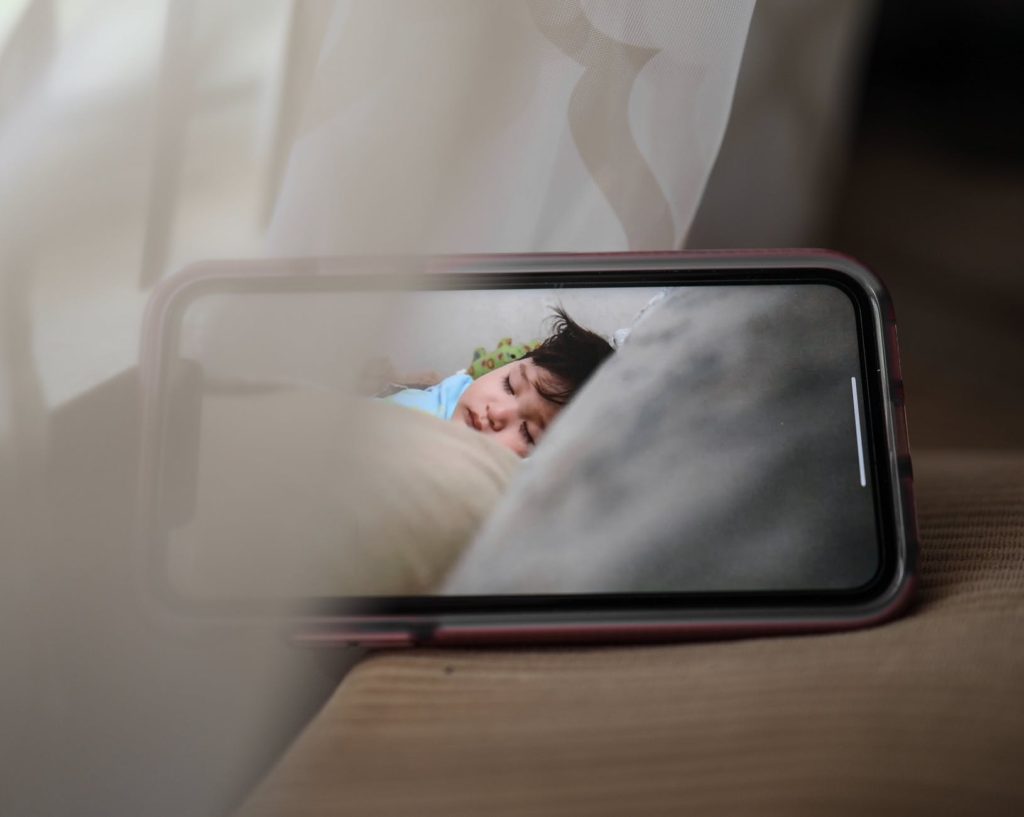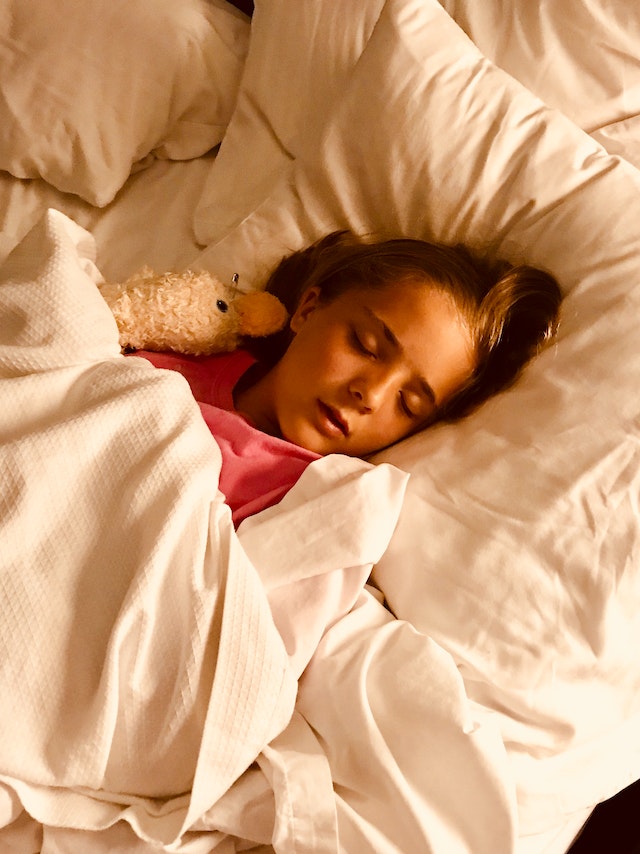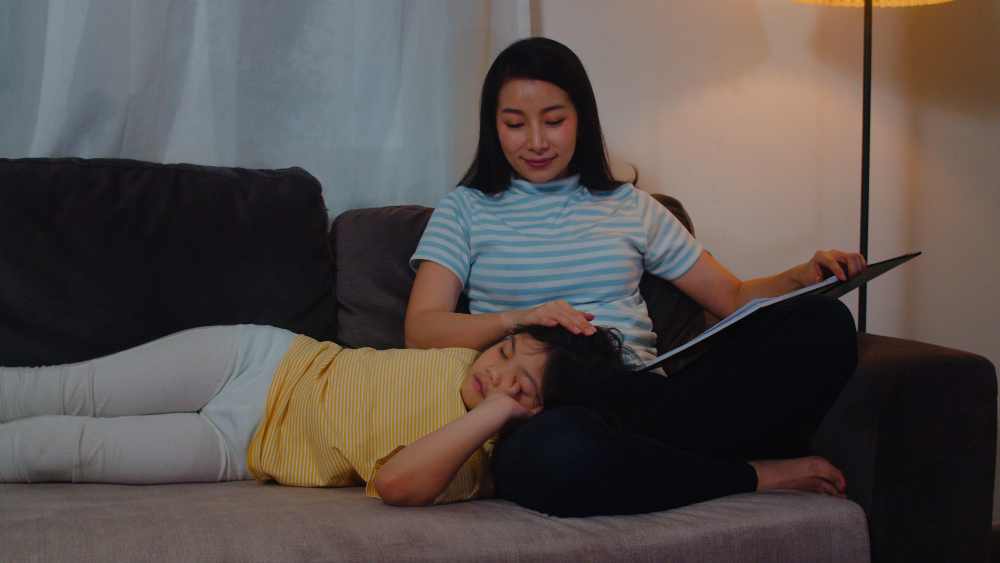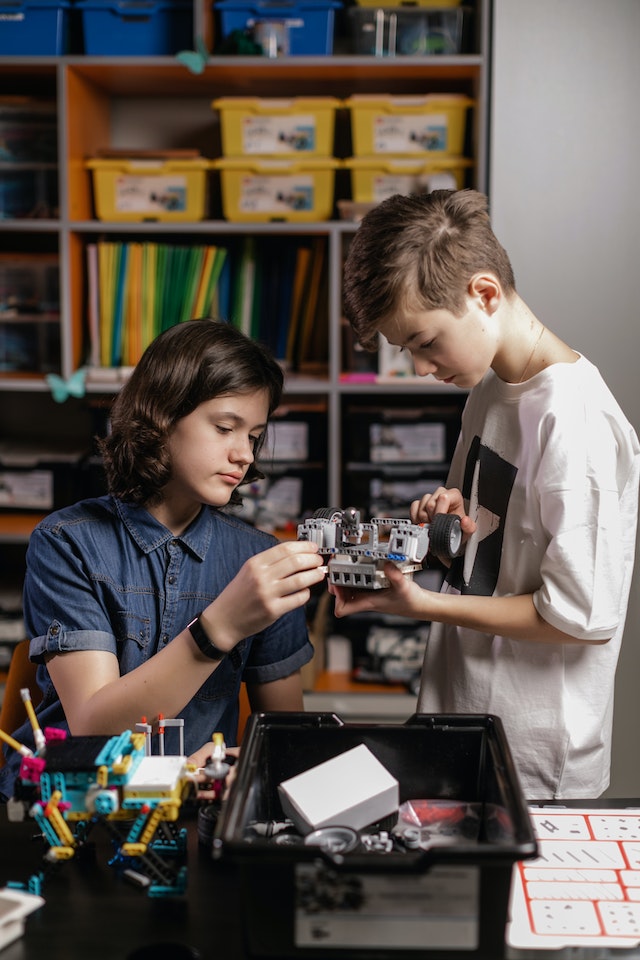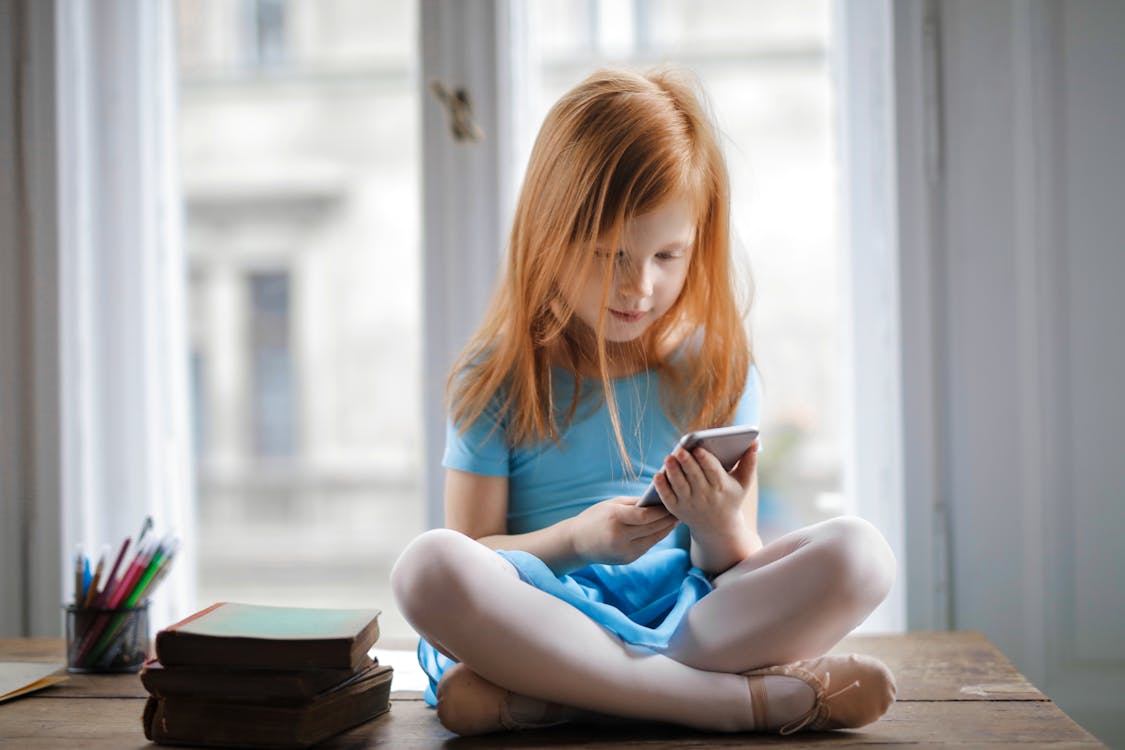
Having a tablet and phone in any household is a new norm. You technically can’t function in today’s world without these. And while this is maybe so true for Adults, Children can function without them, and that too much better. Looking at the benefits children get through the apps and material available on these devices, it’s not something that should be ignored. But there needs to be a line between the right and wrong usage of the device.
Also Read: How can parents get rid of child’s hiccups at home?

According to research conducted, Children lose approximately 16 minutes for every hour they used touch screen devices. I know the number doesn’t sound so staggering, but once you see the cumulative effect, it adds up gigantically.

The number of devices on average has increased manifolds in any household. Earlier, when just the head of the family had a screen device, Now, almost everyone has one. In fact, some parents go extra generous and get a separate dedicated device for the toddlers too.
Also Read: 5 Toys You Should Not Buy for Your Kids
The benefits of sleeping are known to all. Sleeping is necessary for everyone to recharge themselves. This recharging happens at a lot of levels. Sleep deprivation reduces it. It hampers the ability of our bodies to restore fully. And this leads to various effects on our bodies.

Children have different ways of showing sleep deprivation. They might not necessarily seem tired; instead, a hyperactive child might be sleep deprived. Thus it becomes a little challenging to find out they are sleep deprived. As a general guideline, the average sleeping hours at different age groups are:
- Newborns (0 to 3 months) – 14 to 17 hours of sleep per day
- Infants (4 to 11 months) – 12 to 15 hours per day
- Toddlers (1 to 2 years) – 11 to 14 hours per day
- Preschoolers (3 to 5 years) – 10 to 13 hours per day
- School-aged children (6 to 13 years) – 9 to 11 hours per day
Also Read: 5 Things You Should Not Wear While Grocery Shopping with Infants
Thus reducing screen time gradually should solve a lot of problems. Be careful about screen time, especially around bedtime. No screen routine a few hours before bedtime is a good technique to achieve better sleep. Another important thing is to keep a consistent sleep routine.
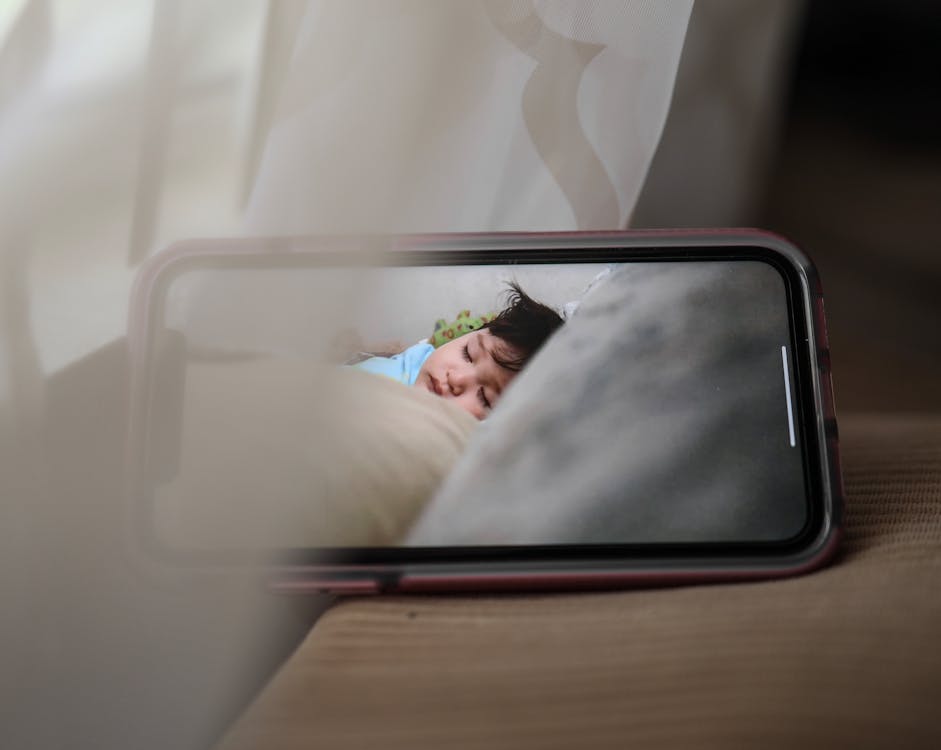
If you have questions, Dr. Gaurav Nigam would love to answer them for you. Please write to us at info@drdad.in.
You May Like:
5 ways in which children can release their emotions.
Children are quite expressive in their growing years. They get to learn about the world in every activity during these years. From morning yoga to bed-time stories, every action affects their life. Based on the experiences gathered from such lessons, they gradually start to express themselves. Read More:

